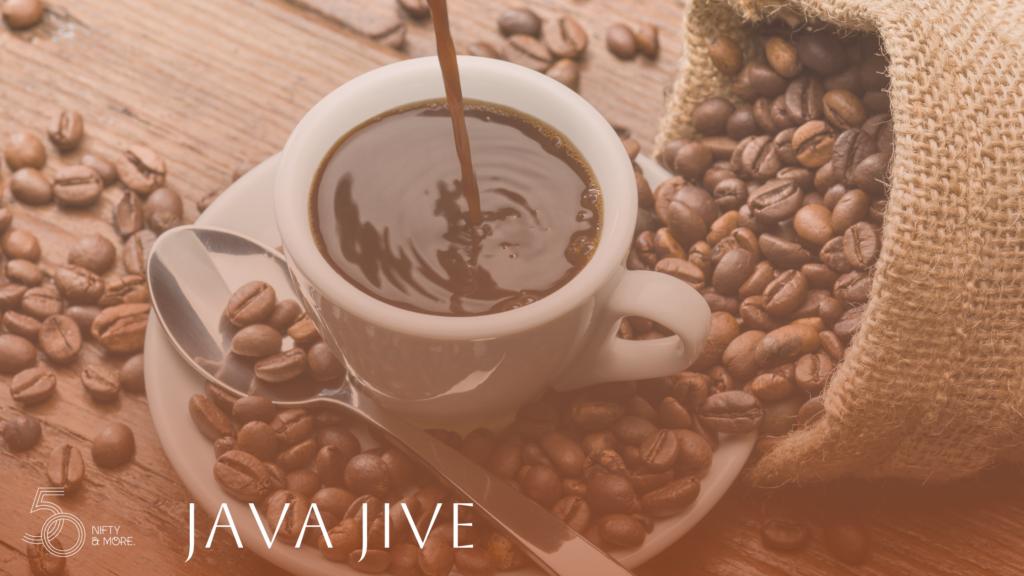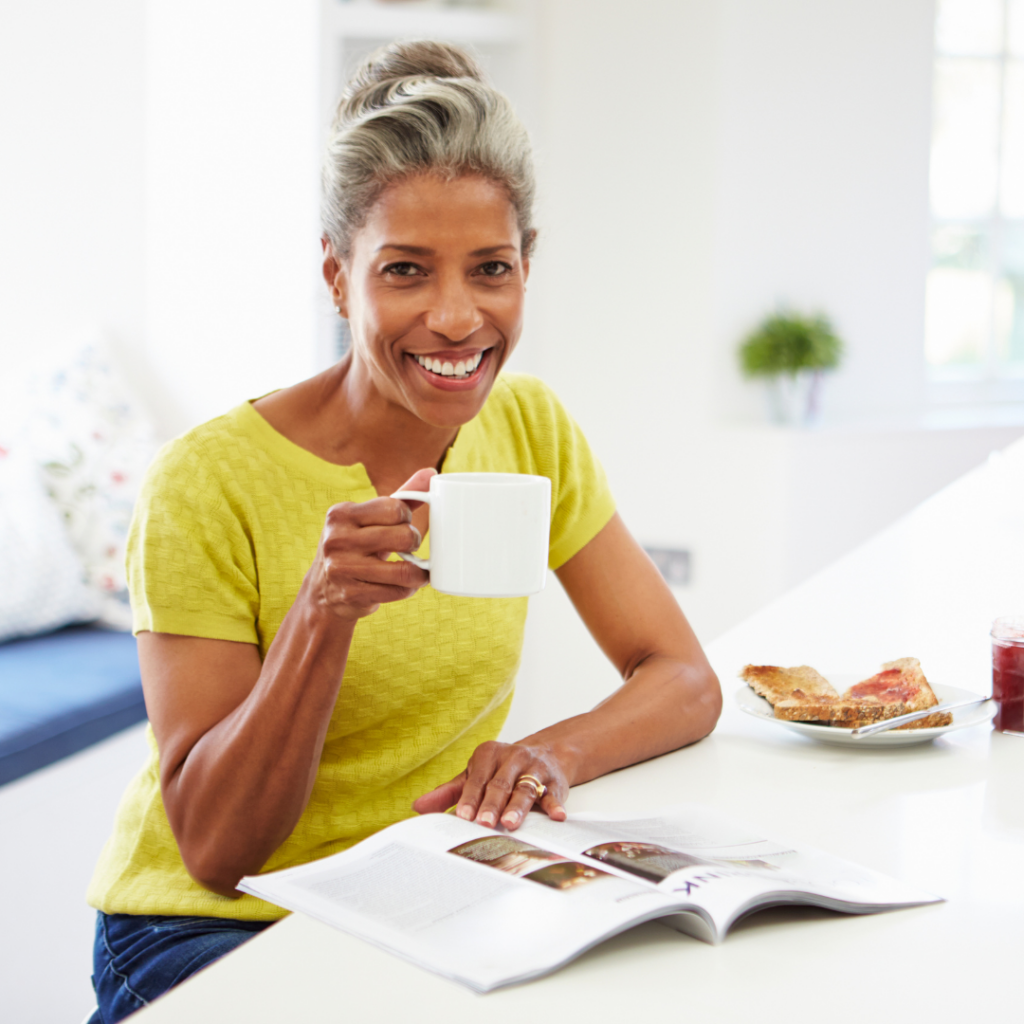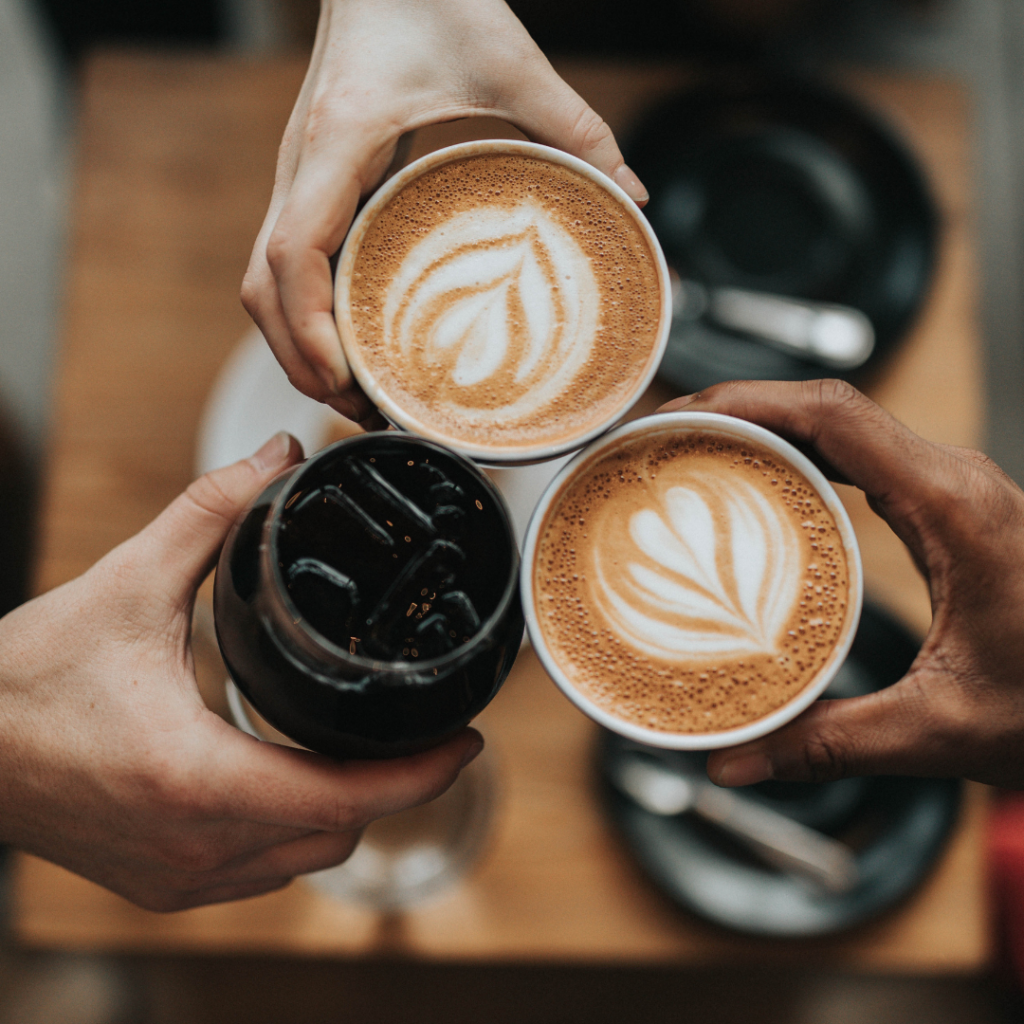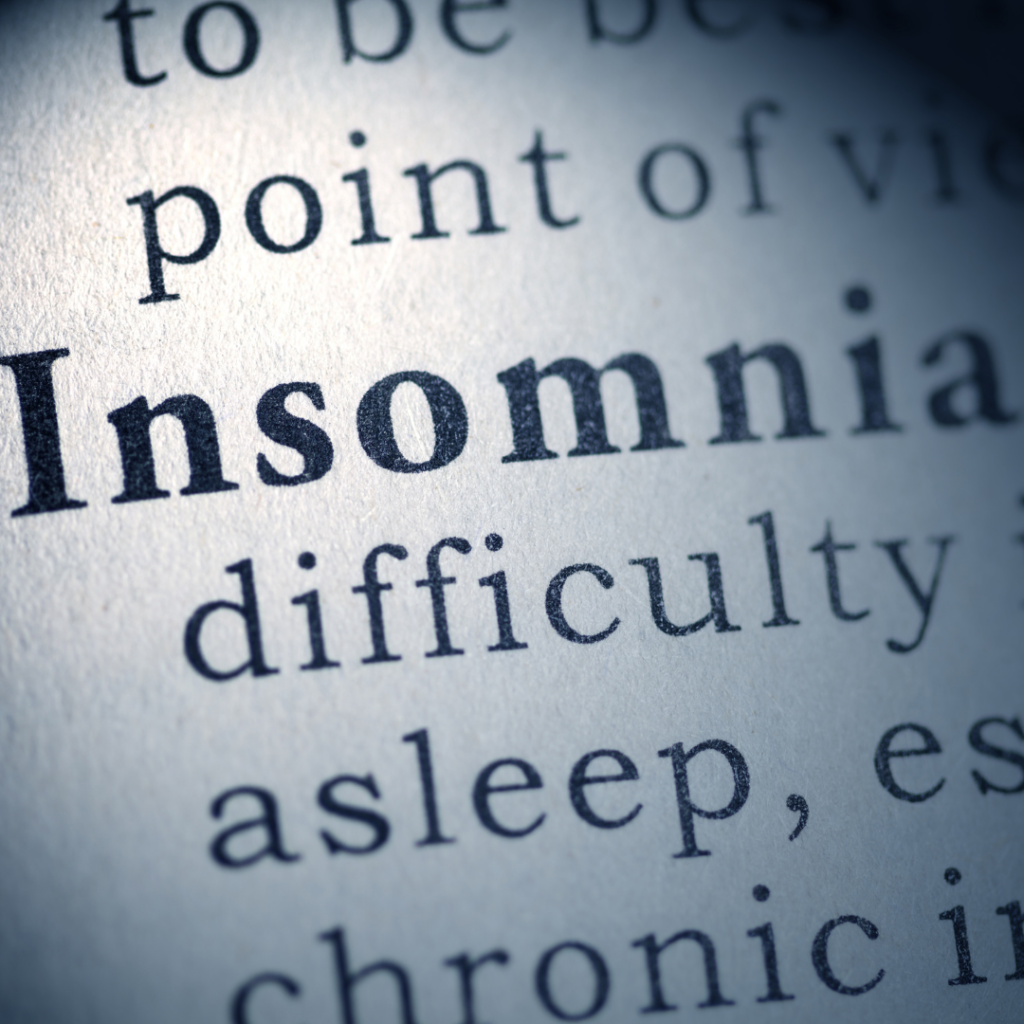Sip Smarter: Where Coffee Meets Wellness

According to The New York Times, drinking coffee has been linked to a reduced risk of all kinds of ailments, including Parkinson’s disease, melanoma, prostate cancer, and even suicide. Yet, with October as caffeine awareness month, coffee and other caffeine-rich drinks (colas, energy shots) and snacks (chocolate) are often discussed as addictive and problematic to health.
Your medical condition and well-being are unique to you, so we always advise that you discuss all matters including nutrition with a qualified medical professional. That said, is looking forward to your Morning Joe necessarily a bad thing?
Here’s what you need to know right now:
- Is caffeine actually addictive? Yes, it is, according to Psychology Today. This still-disputed fact was confirmed in 1994. The medical establishment describes it as the world’s most popular psychoactive drug! The FDA reports that more than 90 percent of Americans consume caffeine in some form daily. In 2013, the 5th edition of the Diagnostic and Statistical Manual of Mental Disorders (DSM) for the first time included caffeine withdrawal as a mental disorder.
- The Mayo Clinic and other trusted sources advise that up to 400 mg (milligrams) of caffeine a day — about as much caffeine as four cups of brewed coffee or 10 cans (!) of cola — is probably a safe quantity from a caffeine perspective. Here’s a quick chart for your reference: https://www.cspinet.org/caffeine-chart However, drinking 10 cans of cola per day can’t be good, for other reasons. And, if you feel jittery, have cotton mouth (dry mouth), or can’t sleep, you may be consuming more caffeine than your body likes. Or, you may simply be consuming it too close to bedtime.
- Don’t mix caffeine with medications. For instance, knocking back ephedrine (common in decongestants) with coffee or cola may increase your risk of high blood pressure, heart attack, stroke, or seizure. Ditto for theophylline (used to open up blocked bronchial passages) and even some herbal supplements like echinacea. Be aware that some over-the-counter pain relievers contain caffeine.


Weirdly enough, though, caffeine on its own is not technically a stimulant. It’s what scientists call a “stimulant enabler.” Caffeine opens up the blood-brain barrier so that other chemicals, including natural brain chemicals like adrenaline, are absorbed faster, creating the feeling of sharp alertness we associate with a strong blast of caffeine. Caffeine accomplishes this by blocking the action of adenosine, a molecule that accumulates in the body throughout the day, preparing your physical and mental processes to slow down and rest. This normal cycle is tied to our circadian rhythm, which is linked to sunlight and natural darkness, but of course, electricity and artificial lighting have altered this rhythm forever.
With this in mind, it’s possible for caffeine to become a problem. If you experience sleep issues, you may lunge for the coffee pot first thing in the morning as an eye-opener. You may drink an iced coffee drink or a cola at lunch for an extra hit of energy. Even black tea, though much lower in caffeine per serving than coffee, contributes to a caffeine buzz. (And BTW, even decaf coffee contains traces of caffeine.) Is it really surprising that when midnight rolls around, your body feels naturally tired, but your eyes are wide open? Consider the origins of coffee-growing and drinking: Muslim monastics were the first to cultivate and drink coffee several centuries ago, using a jolt of caffeine to keep them percolating during long hours of prayer.

Sleep disruption is a good reason to evaluate your caffeine consumption and consider cutting back. Not to be melodramatic, but reducing and quitting caffeine may produce withdrawal symptoms: headache, irritability, fatigue, insomnia. As with any drug, it’s wise to taper off rather than quit cold turkey. If you’re reducing, give yourself some grace. Pamper yourself with a massage, a swim, or a theatre ticket as you get used to less buzz. And of course, if you experience acute symptoms like anxiety or heart palpitations, see your medical care provider immediately.
BUYING GUIDE
Second to oil, coffee is the most-traded African commodity. The bad news: climate change and declining soil fertility threaten the well-being of African growers, making it more important than ever to choose Fair Trade brands which protect worker’s rights and support social justice. In spite of coffee’s colonial history, the bean and its brew have become a focus for rising Black agency and consciousness, from women’s farming co-ops all over Africa to community vibes in Brooklyn.
Some Black-owned coffee brands we love:
- BLK & Bold – blkandbold.com
- Coffee Uplifts People (CUP) – coffeeupliftspeople.com
- Kahawa 1893 – kahawa1893.com
- Portrait Coffee – portrait.coffee/collections/all
- That’s Coffee – thatscoffee.com
- Sip & Sonder – sipandsonder.com
- BD Imports – bdimports.com/shop
- The Black Coffee Company – theblackcoffeecompany.com
And P.S., what about that “Bulletproof Coffee” trend? The basic idea is to fortify coffee with high-quality fats, including pure butter, to boost metabolism and improve gut health. One brand claims that C8 MCT [medium-chain triglycerides] Oil which they’re calling “Brain Octane” converts to ketones which help burn body fat and curb cravings as it fuels your brain.
Be the first to comment